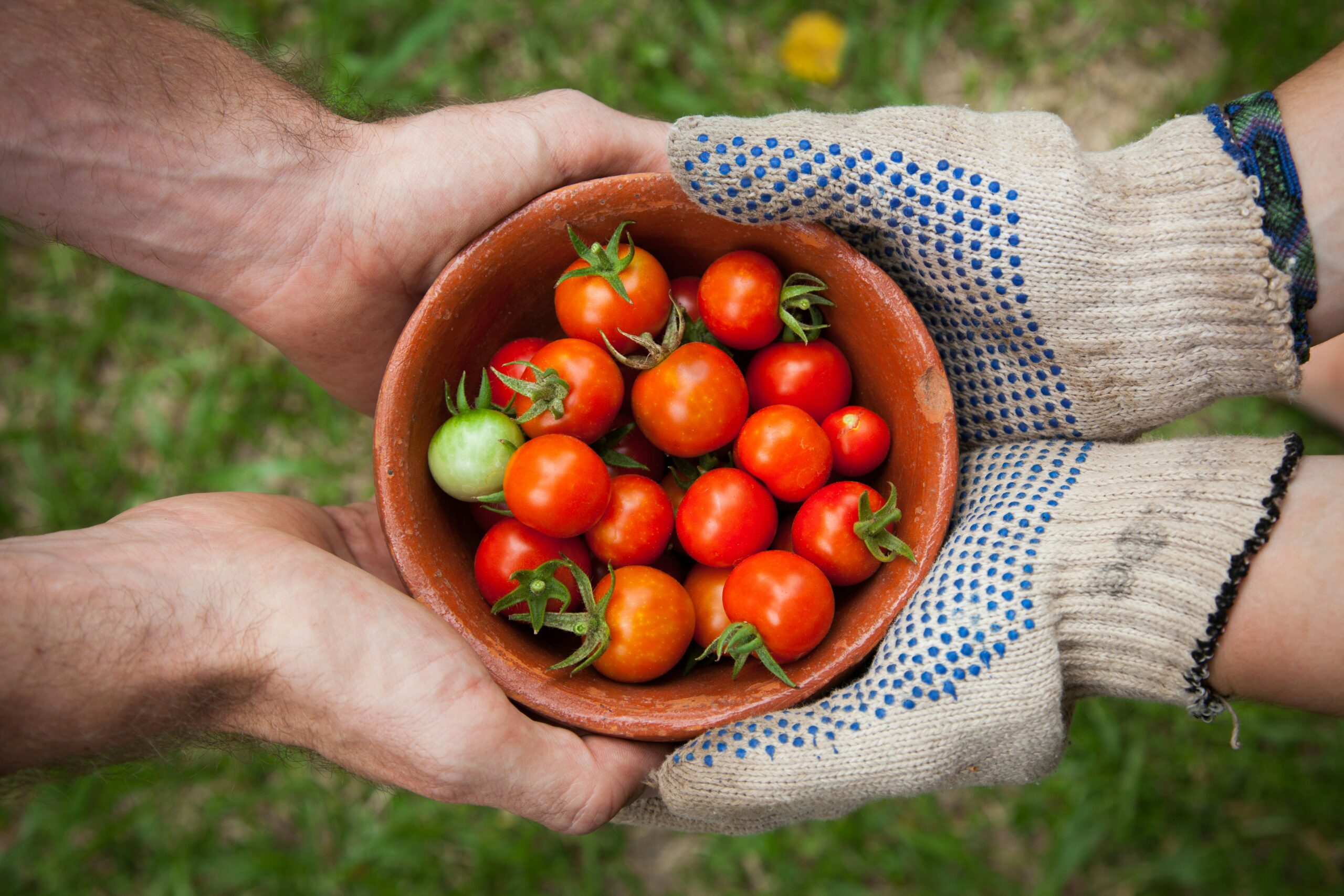
The circular food economy is about creating new connections – between farmers, processors, restaurants, consumers, public institutions and others to maximize the social, economic and environmental value of the food we produce and consume.
As a result, local communities and governments need to play a central role in helping steward the transition towards a circular food economy.
Since 2019, the City of Guelph and County of Wellington have been building a regional circular food economy. Our initiative, Our Food Future, received $10 million from Infrastructure Canada through the Smart Cities Challenge with ambitious goals around food access, new food business creation and reimagining food waste as a resource.
Central to Our Food Future has been the creation of a rural-urban testbed, a network of over 150 public, private and not for profit organizations committed to growing our regional circular economy. Our testbed has created a welcoming platform where innovators and entrepreneurs from around Ontario are coming to test new circular business approaches and find new collaborators or experts to help embed circularity into their business.
Mapping material flows to drive change
Our Food Future put a significant focus on creating a clear understanding the current food system so we can strategically interven to have maximum impact. For this, we turned to Dillon Consulting, Metabolic and experts at the University of Guelph. Over the course of several months, they analyzed over 80 data sets to map the flows of how food is produced, processed, sold and consumed. The study is the first of its kind in Canada and was designed to be easily replicable by other communities.

The results of the material flow analysis shows that the vast majority of food material waste is upstream, especially in storage, packaging and planned loss during processing (i.e. by-products). We also learned that the largest volumes of waste come from fruits, grains and vegetables although meat and dairy production are also important to prioritize due to broader environmental impacts.
From data to interventions
Building on the Food Material Flow study, we are now launching a suite of interventions aimed at diverting, capturing and generating new value from food material wastes.
Several of these interventions are growing out of our new initiative, COIL (Circular Opportunity Innovation Launchpad), which received $5 million from FedDev Ontario in April 2021 to help accelerate the growth of new circular businesses and collaborations in the food and environment sector.
These interventions include:
Food systems to support people, planet and prosperity: World Circular Economy Forum Food Accelerator Session
Local communities are where circular economy collaborations will come together. Beyond leveraging circular economy models to drive innovation and job creation in our community, Guelph-Wellington is focused on how circular economy approaches can reduce food insecurity, support social inclusion, equity and food sovereignty.
On September 15, Our Food Future will be leading an Accelerator Session on Food at the World Circular Economy Forum considering how data, creativity and community collaborations can make a transformative impact. We will be joined by Metabolic, a world leader in food systems mapping as well as the City of Milan who has been a global leader in the urban circular food movement for many years. The session will be an opportunity to share the strategies we see working on the ground in our communities today, and to collaborate with all participants to help more communities realize their own circular food vision.
Join our mailing list